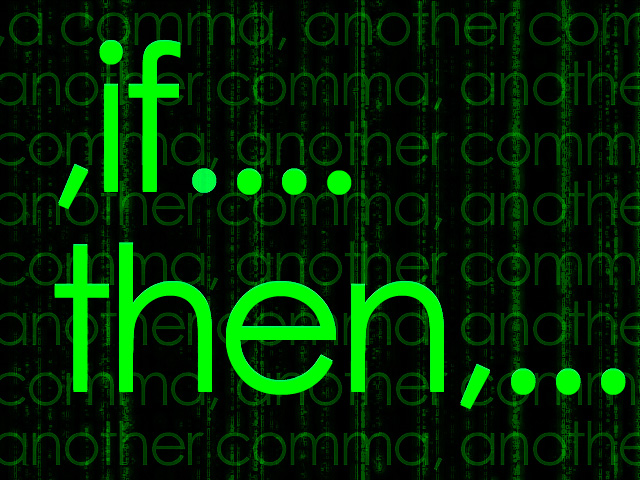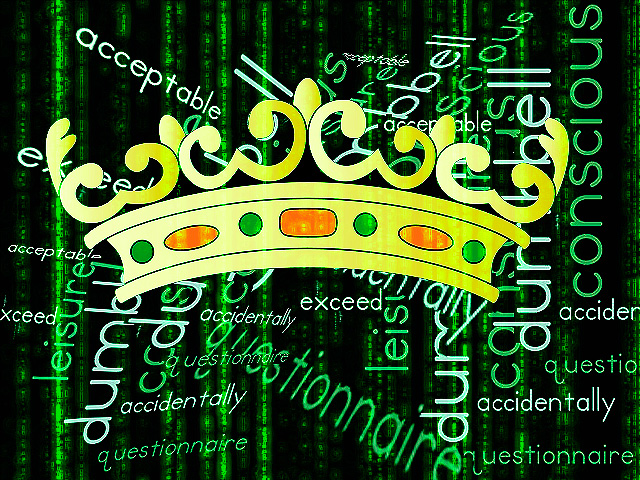When to use i.e. and e.g.
Many believe that i.e. and e.g. are used interchangeably, but that’s not true. The difference between the two, may even change the meaning of a sentence! Learn more about i.e. and e.g. and how to remember which one to use when.









